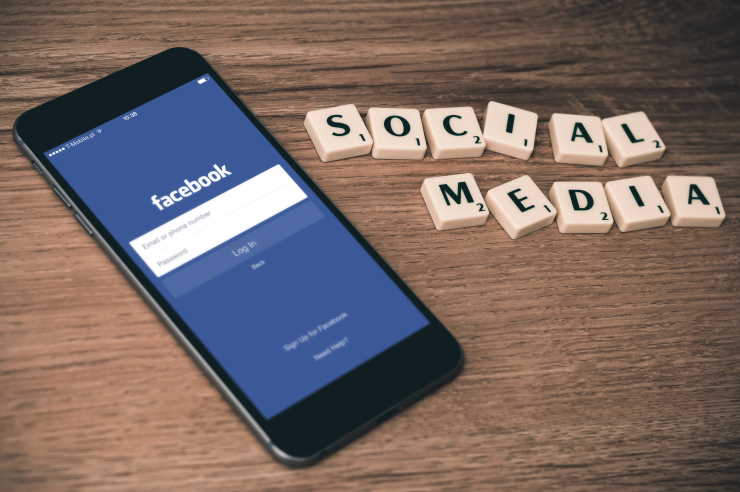Social media seems increasingly to be defining life in the 21st century. The question is, for better or worse?
There are skeptics who point to the myriad of problems caused by, and perhaps even built in to, platforms like Facebook. Mark Zuckerberg reportedly described those in the early days of Facebook who were freely giving him their photos and personal details as “dumb f**ks”, an arguably accurate assessment of millions who blithely continue to do just that.
Former Facebook executives have warned of the dangers of social media, with one claiming “we have created tools that are ripping apart the social fabric of how society works”.
And the human misery behind the story of the lowly-paid and often traumatised Facebook moderators, whether in America, Berlin or the Philippines, is salutary.
Even at the level of mere users, we see among some a recognition that all is not well. For example:
When I think, now, about how much of my mental hard drive was taken up at any given time by what I’d just read on Facebook, it was clearly a madness. The site was almost always the last thing I looked at before leaving the house, so that by default, if I wasn’t sitting and scrolling, I was thinking about what I’d just seen while sitting and scrolling, while in a bleary fugue state…
Last weekend I went to the wedding of one of my oldest friends and saw a lot of people I hadn’t seen for a while. It was a very happy experience and, although this sounds trite, it was noticeable how going somewhere and seeing people was an antidote to the grey brain-state of life on social media, and that by not sharing it was somehow made the more precious.
There are also many, of course, who find great value in what social media has to offer. Some of these, however, seem to have a compulsion to digitally ‘share’, perhaps to reaffirm their own reality and worth:
I sort of feel like if we don’t share the photos it’s like a tree fell down in the forest and no one heard it, like, we’ve had this amazing experience and if I don’t share them, then no one’s going to know that we had this experience, you know, apart from us.



Lighten up! It’s not obligatory to post items on Facebook!
Just so long as people who don’t want to be part of that community aren’t forced into it.
Maybe there’s no good reason to ‘lighten up’ about Facebook after all…
https://www.theguardian.com/commentisfree/2020/jul/26/with-facebook-we-are-already-through-the-looking-glass
Perhaps you’re right, Arthur: maybe this post does paint an over-dark picture of social media (Facebook in particular). I can see its uses. I don’t believe we should overlook the ‘dark’ side, however.
Also, while Facebook is not mandatory, it does happen to be the sole public face of some businesses, and I cannot access their full set of information unless I too have a Facebook account. In some circumstances, therefore, I am actually “forced” into it if I do wish to see that information. At least some other platforms (e.g. Twitter, or email discussion lists, if you count that as ‘social media’) do not require me to sign up to see all the content.
The platform du jour in these COVID days is rapidly becoming Zoom. Video conferencing is obviously a different kettle of fish. Does it, too, have a dark side, I wonder? (My experiences have been positive thus far!)
Just found one ‘dark side’ of Zoom…
“Recent analysis by Vice found that Zoom’s iOS app was sending analytics data to Facebook, even when the user did not have a Facebook account and even though this was not addressed in Zoom’s privacy policy.”
https://www.theguardian.com/commentisfree/2020/apr/01/do-you-know-how-zoom-is-using-your-data-heres-why-you-should
There used to be a New Age ideal of creating a universal human mind which we could all tap into via telepathy.
Perhaps the ubiquitous communication offered by mobile phones, etc, is the nearest they can, as yet, get to it.